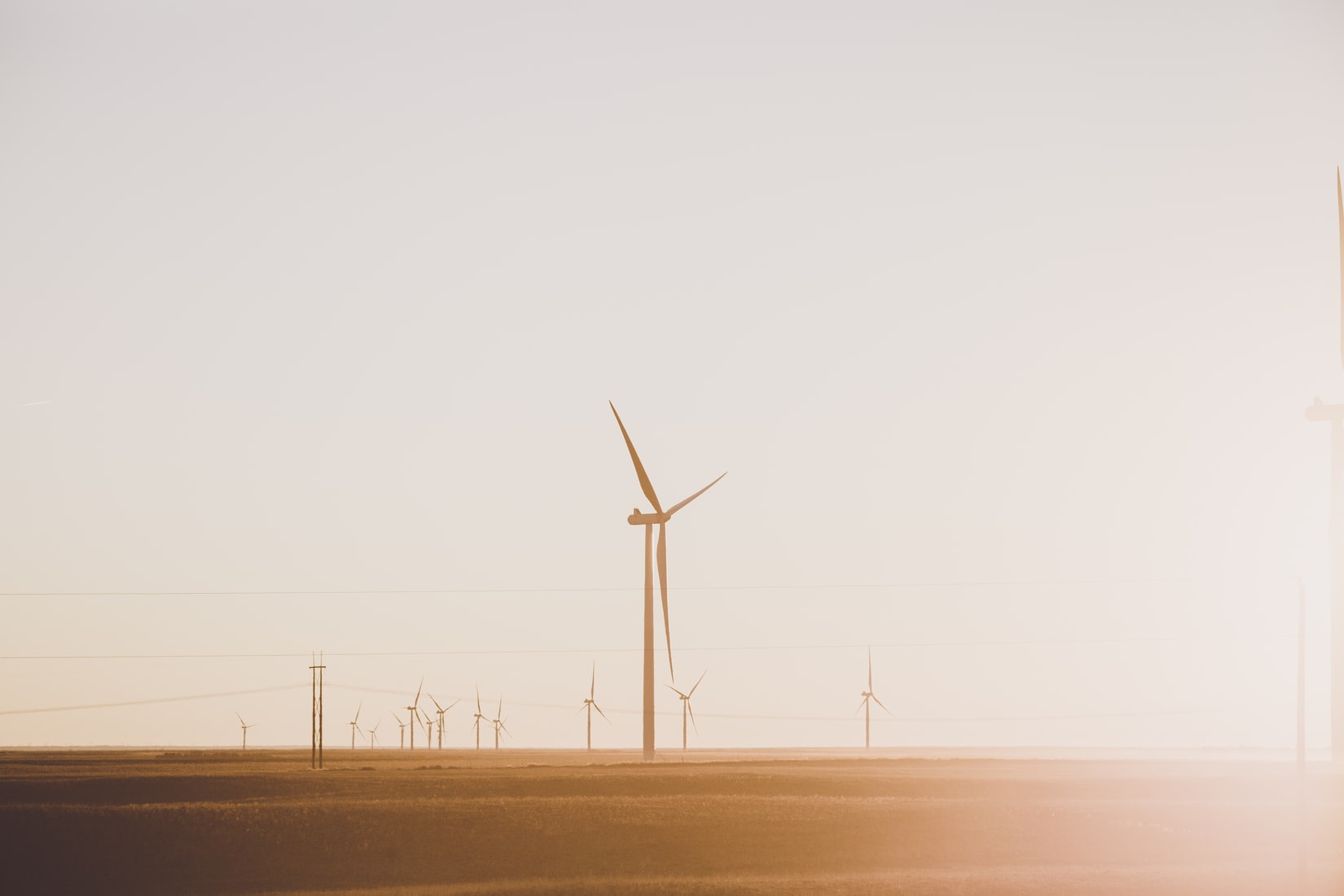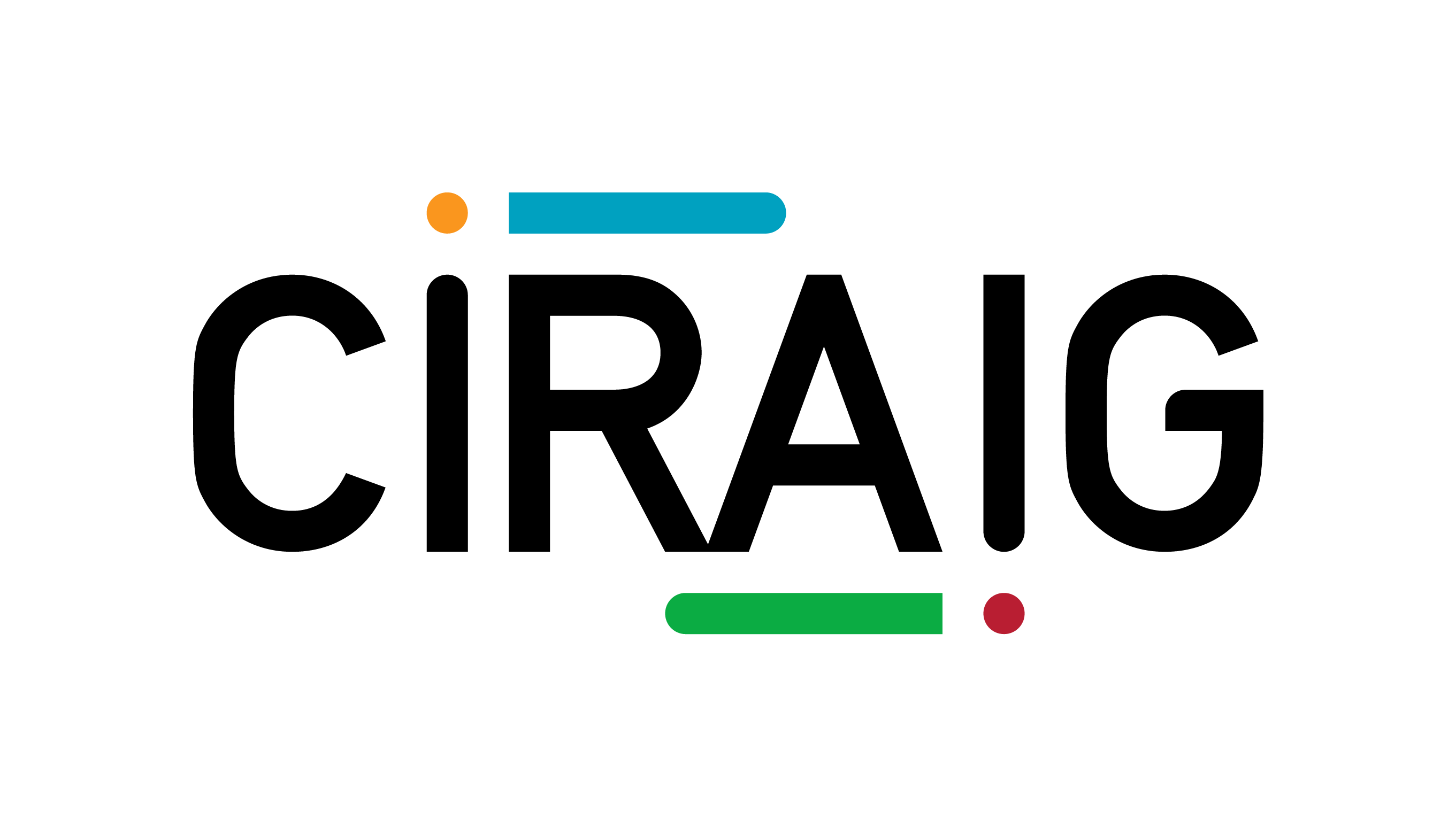
Hydro-Québec mandated CIRAIG’s International Life Cycle Chair to analyze and compare different small-scale distributed electricity generation options, using LCA methodology.
Five systems were compared: three types of small turbines and two types of photovoltaic solar panels. The electricity generated by these systems was also compared to the electricity supplied by Hydro-Québec’s network.
Results
- Kilowatthours supplied by Hydro-Québec’s network outperformed those generated by each of the five distributed electricity generation systems studied, based on indicators for Human health, Climate change, Resources, Aquatic acidification and Aquatic eutrophication. However, results for the Quality of ecosystems indicator were inconclusive.
- In terms of environmental impact of the five distributed electricity generation systems, the 30 kW wind turbine outperformed the others for indicators for Climate change, Resources, and Aquatic eutrophication. The photovoltaic panels ranked first in the indicator of Human health. The indicators Quality of ecosystems and Aquatic acidification did not demonstrate a clear advantage for either the 30 kW wind turbine or the photovoltaic panels.
In collaboration with
We use cookies on our website to give you the most relevant experience by remembering your preferences and repeat visits. By clicking “Accept”, you consent to the use of ALL the cookies.
Manage consent
Privacy Overview
This website uses cookies to improve your experience while you navigate through the website. Out of these, the cookies that are categorized as necessary are stored on your browser as they are essential for the working of basic functionalities of the website. We also use third-party cookies that help us analyze and understand how you use this website. These cookies will be stored in your browser only with your consent. You also have the option to opt-out of these cookies. But opting out of some of these cookies may affect your browsing experience.
Necessary cookies are absolutely essential for the website to function properly. This category only includes cookies that ensures basic functionalities and security features of the website. These cookies do not store any personal information.
Any cookies that may not be particularly necessary for the website to function and is used specifically to collect user personal data via analytics, ads, other embedded contents are termed as non-necessary cookies. It is mandatory to procure user consent prior to running these cookies on your website.
Your subscription could not be saved. Please try again.
Your subscription has been successful.





